THE UNIVERSITY OF SASKATCHEWAN’S MAIN CAMPUS IS SITUATED ON TREATY 6 TERRITORY AND THE HOMELAND OF THE MÉTIS.
THE UNIVERSITY OF SASKATCHEWAN’S MAIN CAMPUS IS SITUATED ON TREATY 6 TERRITORY AND THE HOMELAND OF THE MÉTIS.
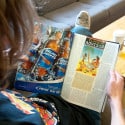
By Blair Woynarski March 30, 2012
A little over a year ago, I got into my head a very strange idea. I decided to buy an issue of Playboy.
The precise reason for this decision is a little fuzzy, but I believe it had something to do with viewing it as a rite of passage. At 21 years old I had never flipped through a Playboy in my life, and it seemed that I was missing out on a big aspect of popular culture.
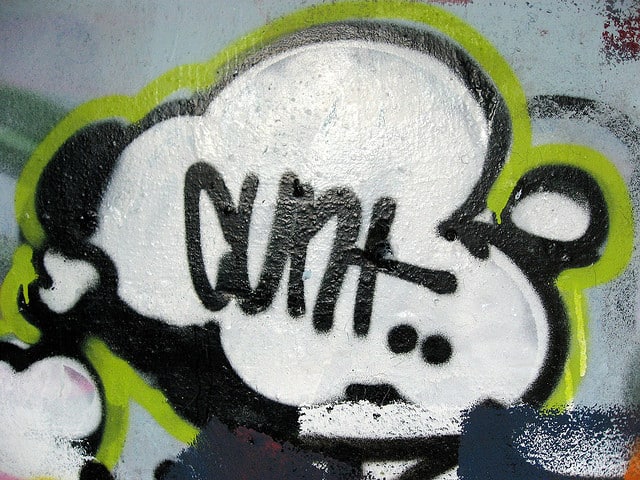
By Tannara Yelland March 30, 2012
You can say “bitch” on TV.
This is not especially problematic for most people. But this, more than anything, is the problem. While most people will agree that the word “cunt” packs a wallop, both emotionally and linguistically, the same people often will not say the same things about “bitch.”
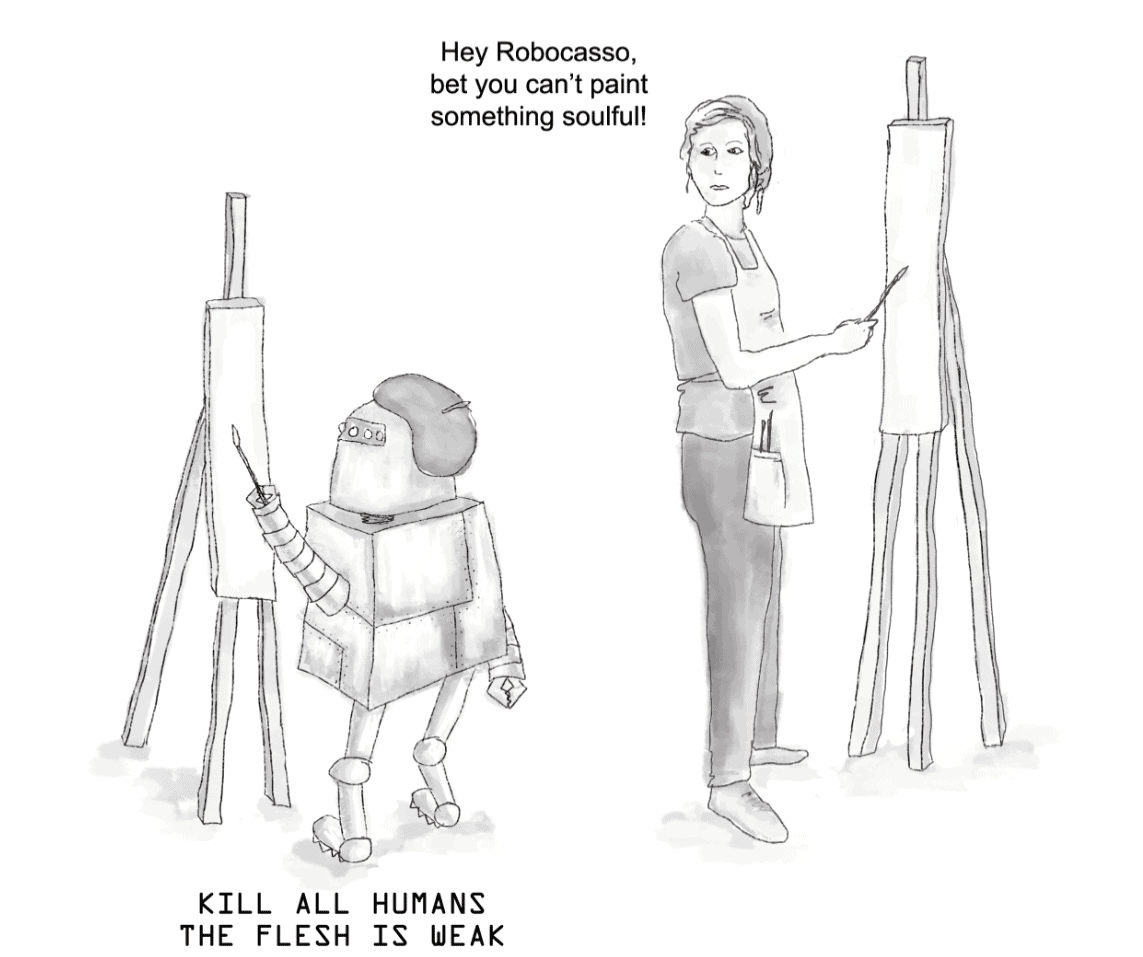
By Michael Cuthbertson March 29, 2012
It seems strange that artists, who are so often inspired by the past, have embraced digital technology so much today. The digital revolution happened almost instantly in art, and now almost every piece of art we encounter was brought to us using some digital technology.

By The Sheaf March 28, 2012
About an hour out of Reykjavik, a person can stand between two continents. The place is called Þingvellir. Icelanders proudly tell visitors it was the site of the world’s first Parliament, established more than one thousand years ago.
True to that parliamentary tradition, Iceland has been deliberating about possible solutions for its economic crisis for a while now.
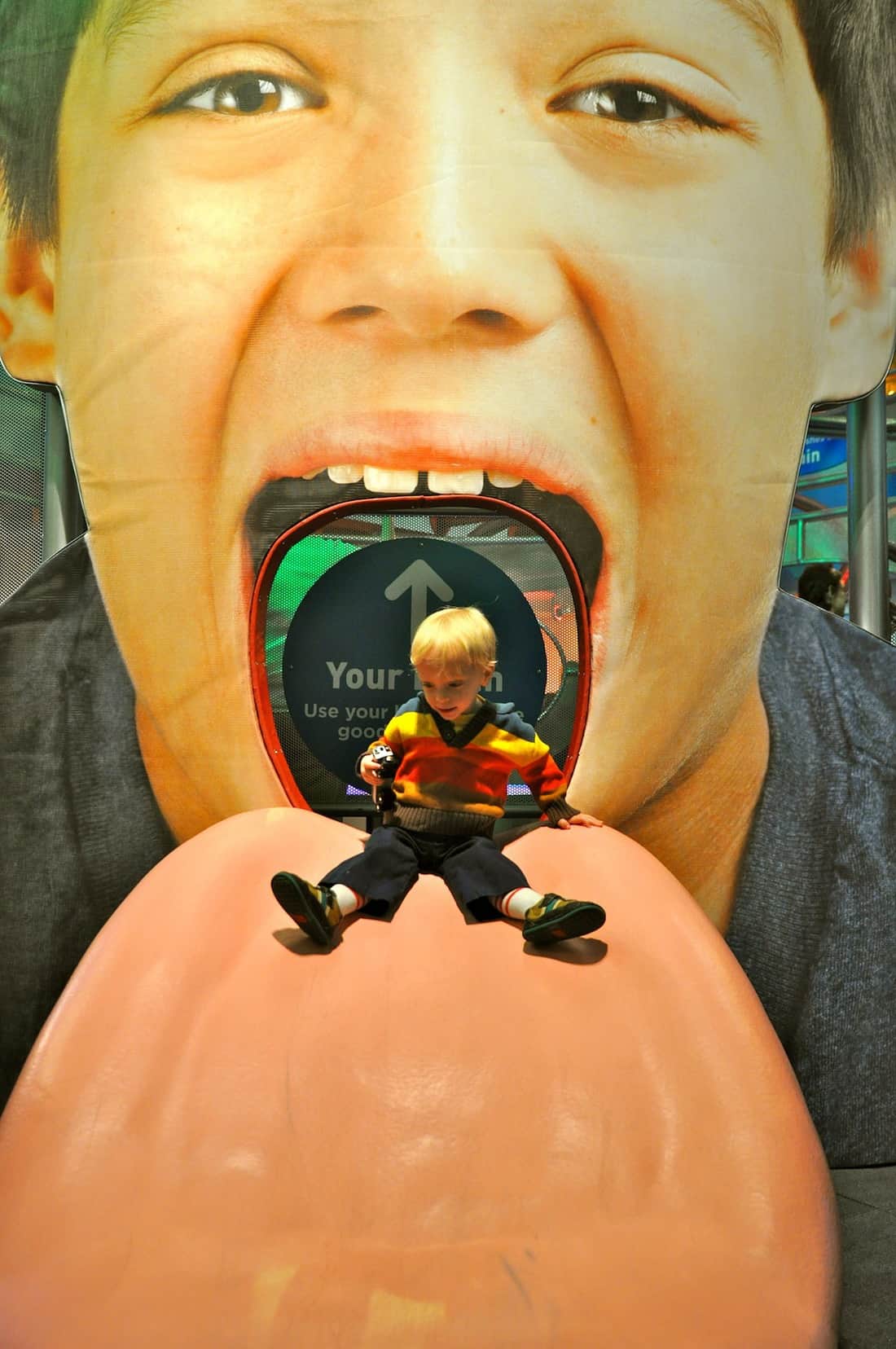
By Canadian University Press March 27, 2012
The war on social problems has reached new heights in America, and museums are the latest weaponry. The Children’s Museum of Manhattan, for example, is trying to do its part to prevent childhood obesity with displays that send a not-subtle-message: get healthy, kids.
The museum has erected a play centre where visitors learn the power of pedalling, bouncing and jumping. There’s a place to meet super-powered vegetable heroes and exhibitions where kids crawl through a digestive system. This is just one sign of the changing face of museums in America, and it begs the question: should Canadian museums evolve, too?
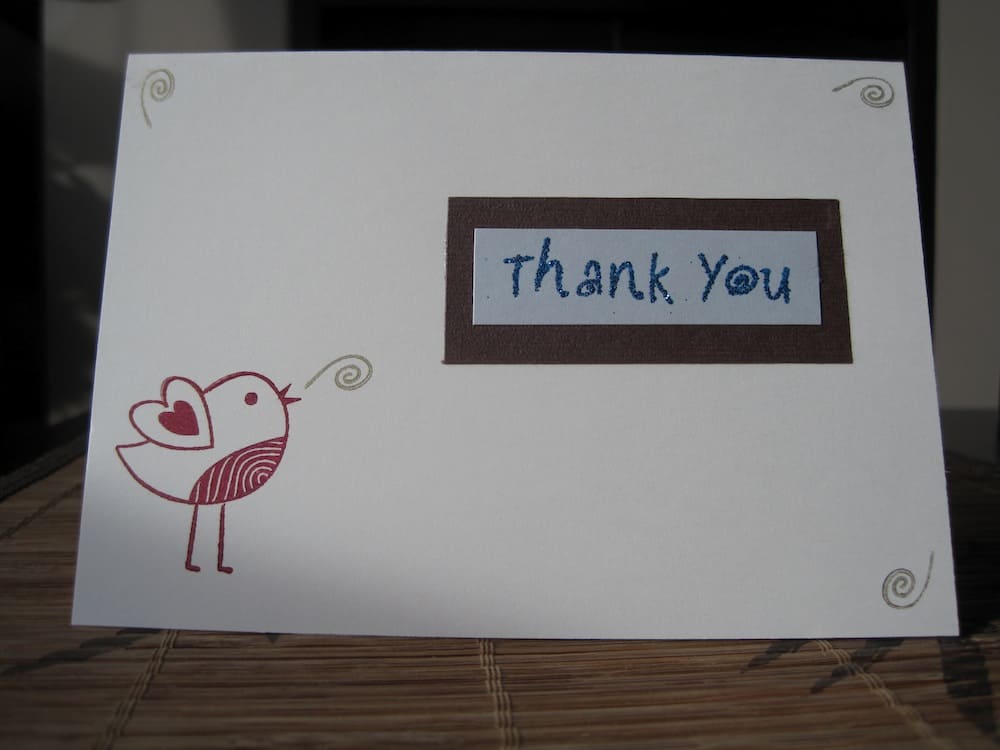
By Canadian University Press March 26, 2012
I have vivid memories of my mother making very detailed lists on Christmas morning of who got what from whom. She would then pass the lists out to my sister and I with a cheery, “Remember to write your thank-you cards as soon as possible!”
But much to my mother’s chagrin, we never managed to write a single thank-you note. We would think about it, maybe even start one, but never follow it through to completion.

By Canadian University Press March 26, 2012
areful! Just by reading this, you might topple the fragile economy!
Okay, perhaps that’s a little over-the-top, but the way the Conservative government falls over itself legislating people back to work, you’ll forgive me for thinking that if Nycole Turmel sneezes violently enough, the entire country will collapse into a financial hell-storm from which no one will escape unscathed.
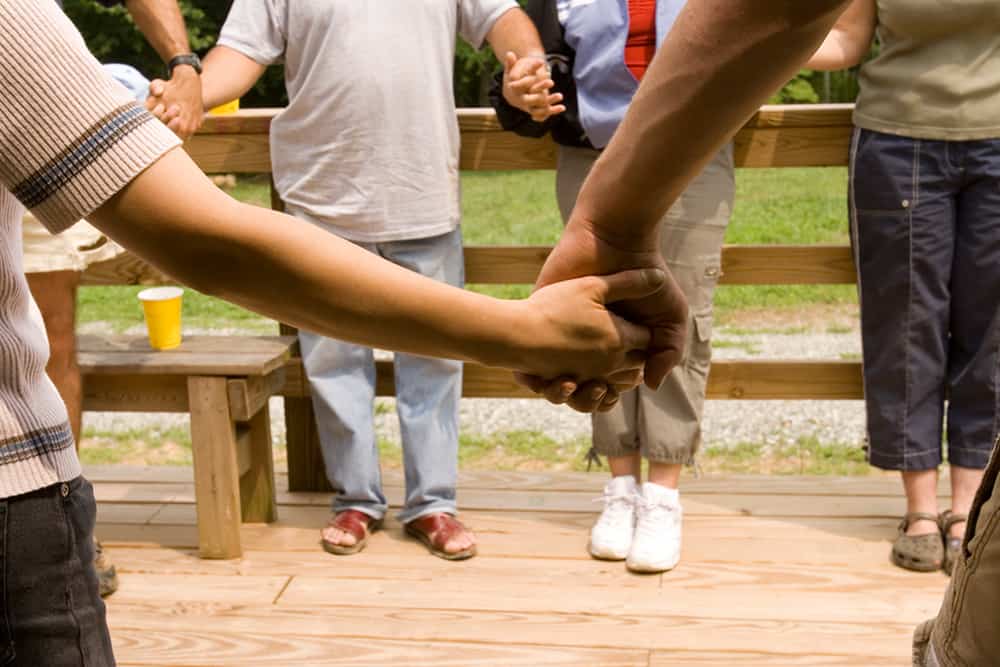
By Kamelle MacIntyre March 24, 2012
Many people think about religion in a black-and-white way. Believers say that religion is the only way to save yourself and get to paradise. They believe that religion is wholly good. Atheists believe that religion is a lie, stymies thinking and poisons science. They believe religion is inherently bad.
After attending an evangelical church for a few years, seeing the worst of believer behaviour, then leaving the church and reading every anti-theist book I could get my hands on, I have come to one conclusion: Religion is both good and bad.